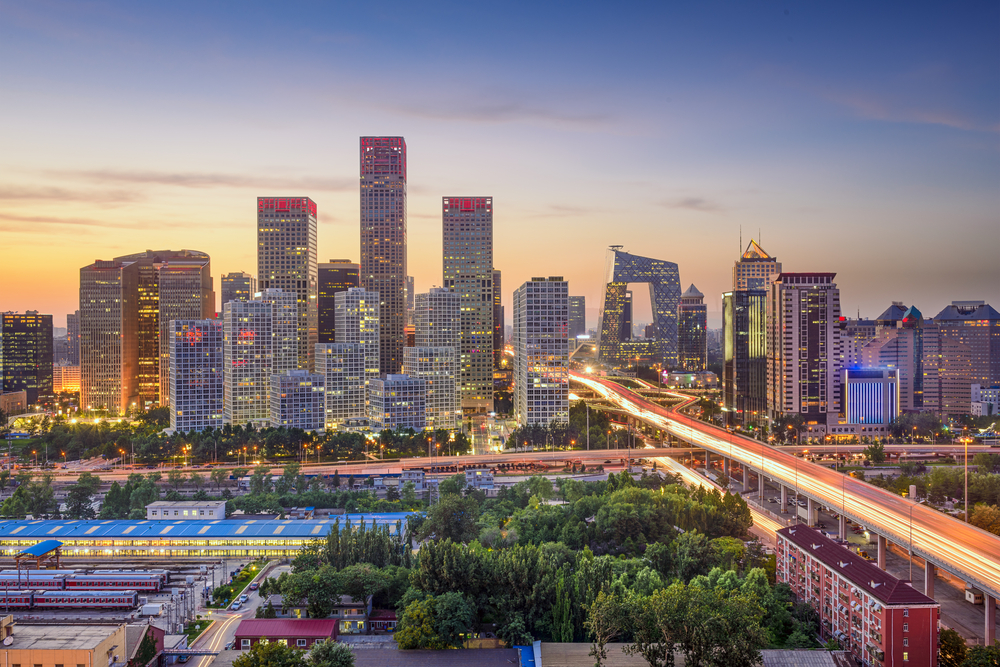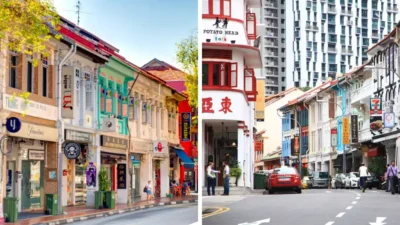China doubles its efforts to maintain economic recovery in H2
Activity slowed in July when sporadic COVID-19 outbreaks affected labour-intensive small- and medium-sized industrial companies
China’s economy gained momentum in July on the back of improved confidence and resumed business activities.
Bloomberg, according to the Business Standard, based this data on the aggregate index of eight early indicators for this month.
With an overall gauge of five, it was then concluded that the economy was definitely heating up.
The celebration was short-lived, however, when activity slowed in July, as sporadic COVID-19 outbreaks in provinces such as Guangdong, Shandong, and Shanghai affected labour-intensive small- and medium-sized industrial companies.
Despite this, China will continue to make multifaceted efforts to maintain its recovery trend in the second half of the year. Xinhua noted that the country’s policymakers have taken several supportive measures, from bolstering market entities to increasing domestic demand, to help the country survive the downturn.
Premier Li Keqiang mentioned the need for additional steps to revitalise market entities, especially micro, small, and medium-sized businesses (MSMEs) and independent contractors, as these entities are crucial to the nation’s employment and economic performance.
“We have full confidence in overcoming difficulties and challenges, and we are capable of coping with all kinds of unexpected changes to ensure healthy, sound, and sustainable economic development,” said Ou Hong, an official from the National Development and Reform Commission.
In an attempt to boost infrastructure spending and stabilise the economy, China will be setting up a state infrastructure investment fund worth CNY500 billion (USD74.7 billion) in Q3.
More: Mainland China increases efforts to fulfil its digitalisation goals
Reuters reported that since Q2, China’s economy has been expanding at a slow rate. It was growing, but there were factors hindering it from picking up, such as a subdued housing market, weak consumer spending, and fears of an outbreak.
The government is stepping up its infrastructure campaign, reviving an old economic strategy, and committing CNY800 billion (USD118.3 billion) in new credit quota and CNY300 billion (USD44.4 billion) in financial bonds for policy banks to finance large projects.
The Property Report editors wrote this article. For more information, email: [email protected].
Recommended
Meet the Bitkub CEO turning real estate on its head with cryptocurrency and tokenised ownership
Jirayut “Topp” Srupsrisopa, CEO of Thai crypto exchange Bitkub, is a true believer in the potential of digitised finance
6 sights to spot in Jardine’s Lookout, Hong Kong
With its sumptuous harbour vistas, this low-density area is one of the most sought-after in Hong Kong
Meet the architect rethinking disability in urban spaces and how cities can be reimagined
Author David Gissen outlines his vision for urban development that takes the needs of disabled citizens into consideration
Why Asia’s mixed-use developments are the future of real estate
Dynamic integrated communities are fusing real estate with commercial, leisure, and other amenities









